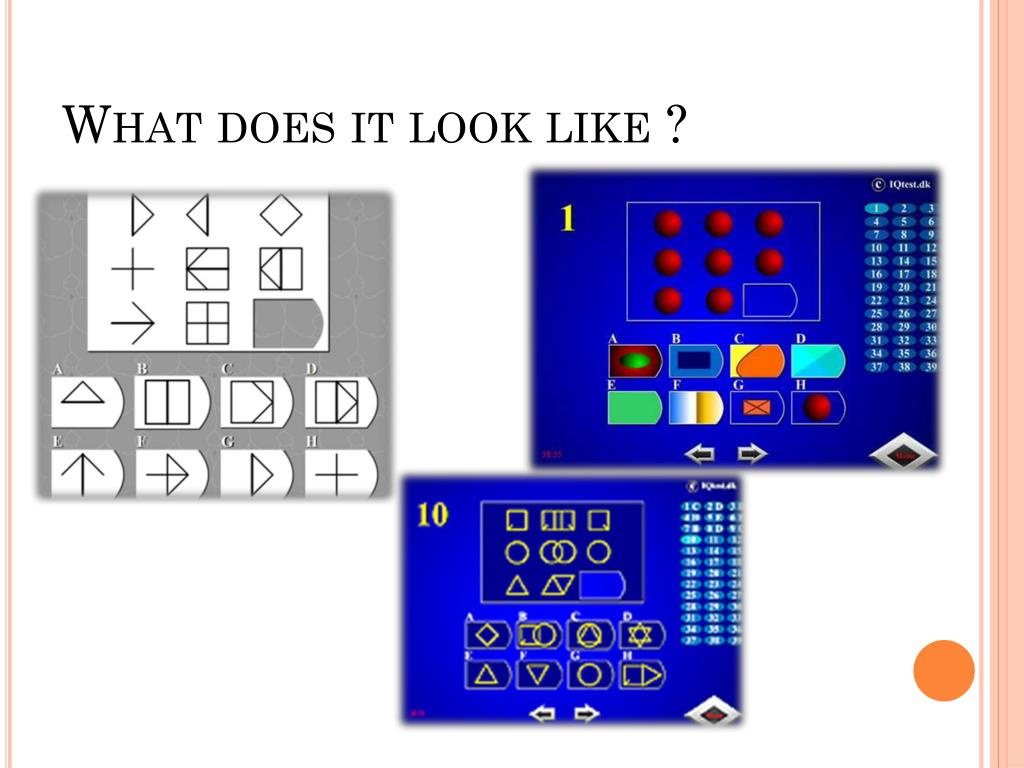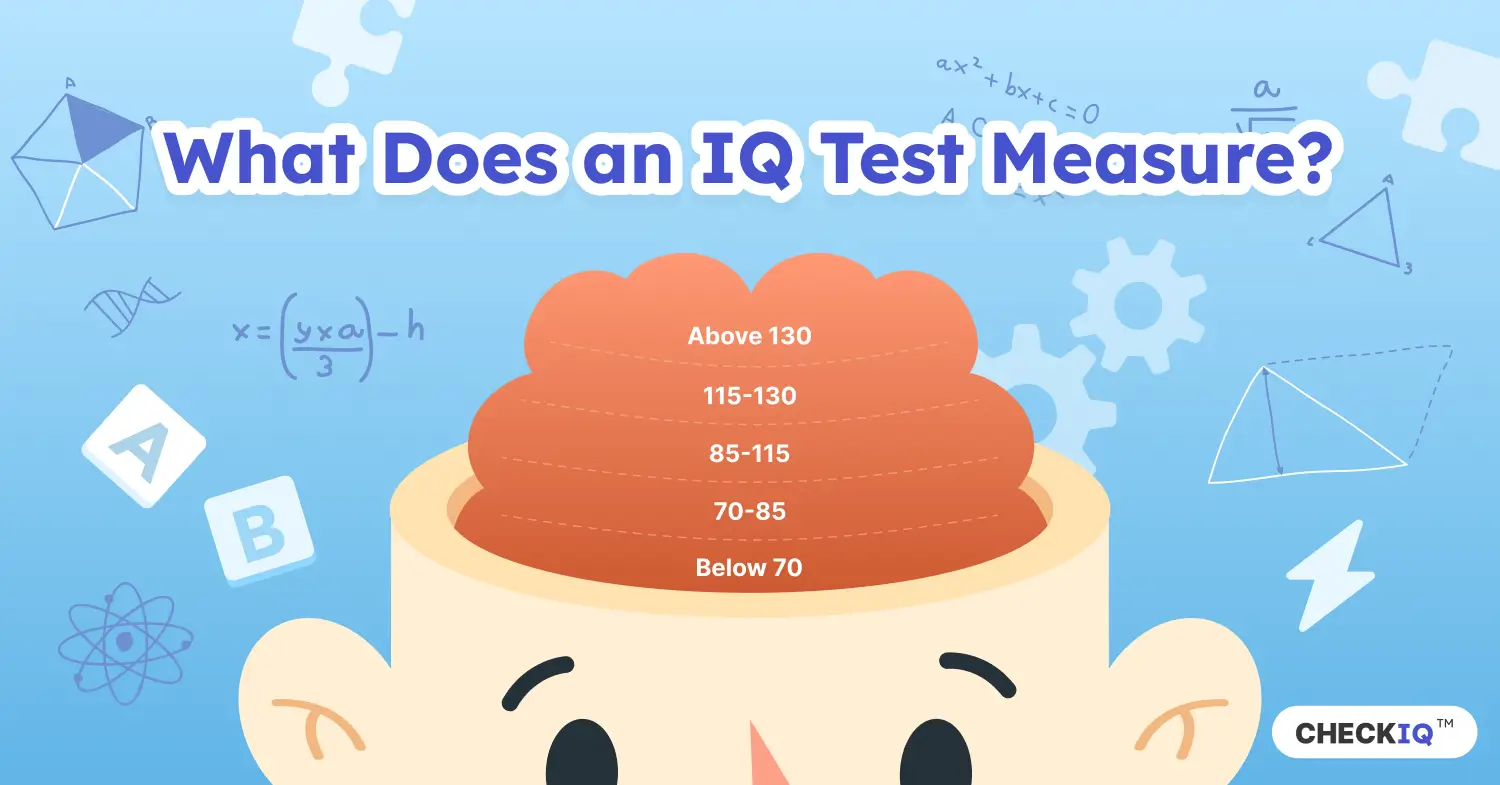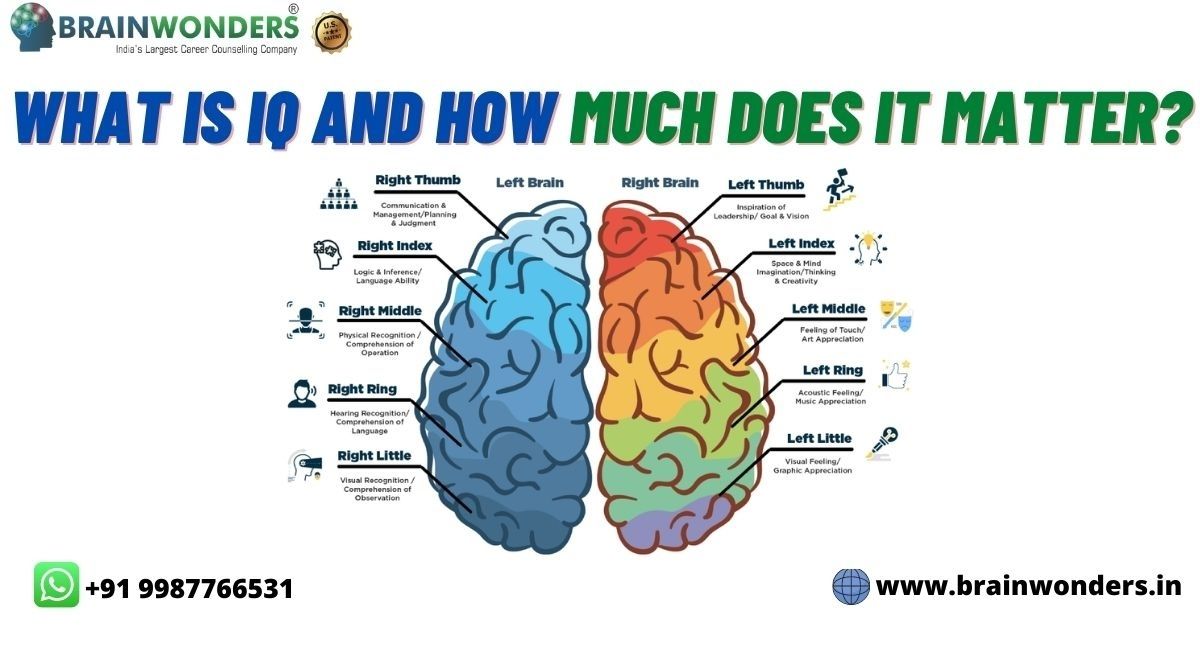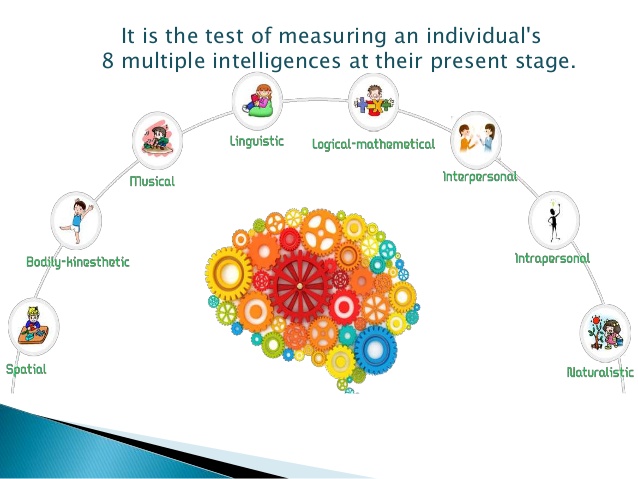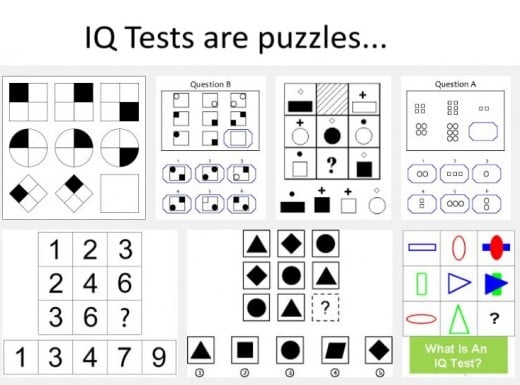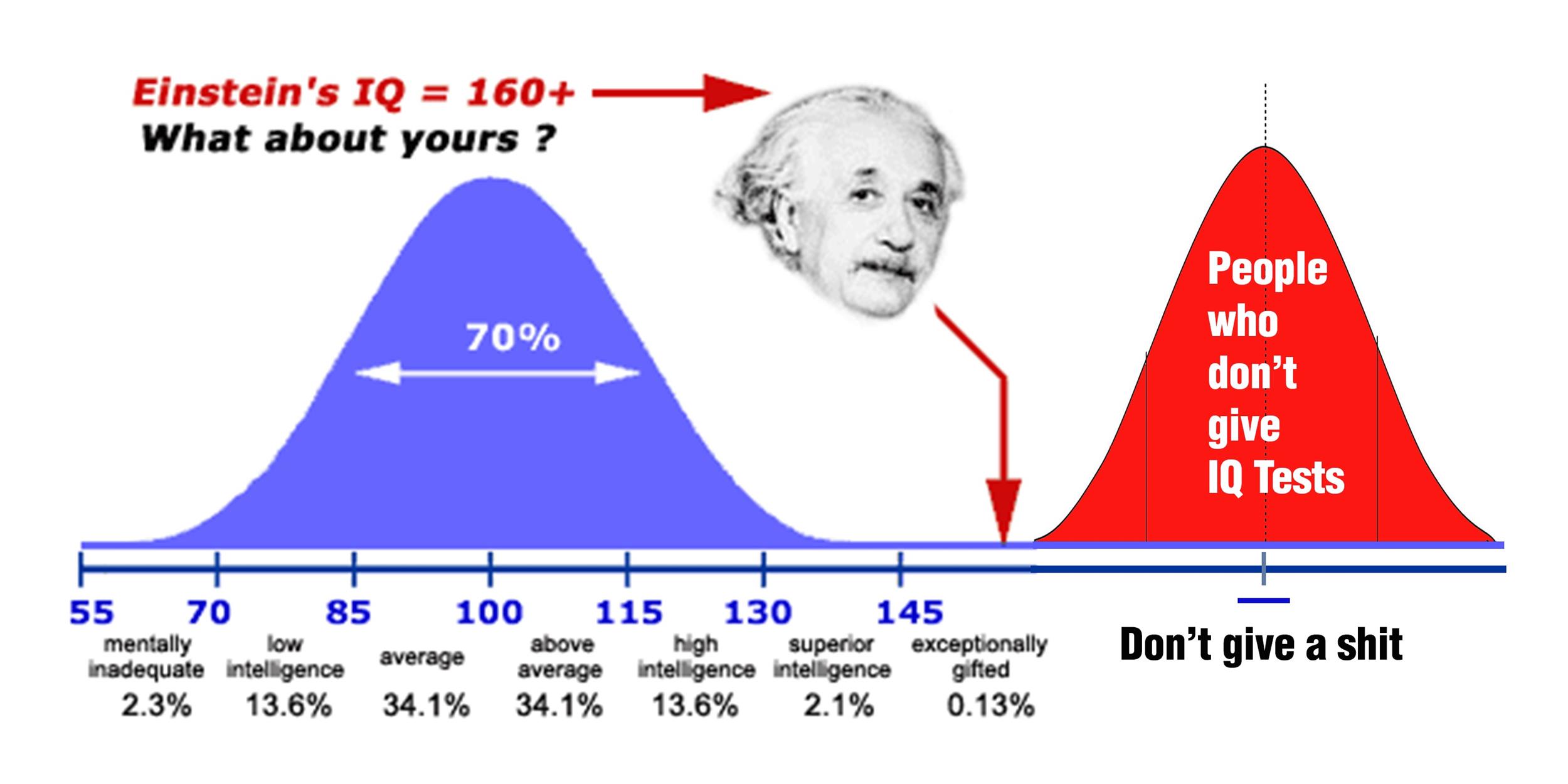What Does Iq Test Look Like

The shrouded mystery surrounding IQ tests is cracking open. We're cutting through the academic jargon to reveal what actually happens when your intelligence is put to the test.
IQ tests, designed to measure cognitive abilities, are under increased scrutiny. Understanding their structure, question types, and scoring methods is crucial for navigating the world of academic assessments and professional evaluations.
What to Expect: A Breakdown of the IQ Test
IQ tests aren't a single, monolithic exam. They are usually composed of multiple subtests assessing different aspects of intelligence.
Common categories include verbal comprehension, perceptual reasoning, working memory, and processing speed.
Verbal Comprehension: Testing Your Linguistic Prowess
This section delves into your understanding and use of language. Expect to see vocabulary questions, sentence completion tasks, and reading comprehension exercises.
Vocabulary questions might require you to define words or identify synonyms and antonyms. Reading comprehension asks you to extract information and infer meaning from provided texts.
Perceptual Reasoning: Visual Puzzles and Spatial Acumen
This part challenges your ability to interpret and manipulate visual information. You'll encounter tasks involving pattern recognition, visual puzzles, and spatial reasoning.
Block design, matrix reasoning, and visual puzzles are frequently used. These subtests measure your nonverbal problem-solving abilities.
Working Memory: Holding Information in Mind
Working memory assesses your capacity to temporarily store and manipulate information. Digit span and letter-number sequencing are typical tasks.
In digit span, you're asked to repeat a sequence of numbers forward or backward. Letter-number sequencing requires you to reorder a mixed sequence of letters and numbers.
Processing Speed: How Quickly You Think
Processing speed evaluates how rapidly you can process and react to information. Symbol search and coding are common subtests.
Symbol search requires you to quickly identify whether a target symbol appears within a group of symbols. Coding involves associating symbols with numbers or letters and then rapidly coding a series of items.
The Test Format: What Does It Look Like in Practice?
IQ tests are typically administered individually or in groups. The format can vary depending on the specific test being used.
The Wechsler Adult Intelligence Scale (WAIS), for example, is administered individually by a trained professional. Other tests, like the Raven's Progressive Matrices, can be administered in groups.
Expect timed sections, which adds pressure. Adhering to time constraints is vital for optimal performance.
Scoring and Interpretation: Making Sense of the Numbers
IQ scores are standardized, with an average score of 100. Scores are distributed along a bell curve.
A score between 90 and 109 is considered average. Scores above 130 are often classified as gifted, while scores below 70 may indicate intellectual disability.
It’s important to remember that IQ scores are just one measure of cognitive ability. They shouldn't be the sole basis for judging a person's potential.
The Controversy: Are IQ Tests Fair and Accurate?
IQ tests have been subject to considerable debate regarding their validity and fairness. Concerns arise about cultural biases and the influence of environmental factors.
Critics argue that IQ tests may not accurately reflect the intelligence of individuals from diverse cultural backgrounds. Socioeconomic factors can also impact test performance.
Despite the criticisms, IQ tests remain a widely used tool in various settings. They are used for educational placement, clinical assessment, and research purposes.
Navigating the World of IQ Testing: What You Need to Know
If you're preparing for an IQ test, understanding the format and question types is crucial. Practice tests and familiarity with the test structure can improve your performance.
Consult with a qualified professional for guidance. They can provide personalized advice and insights.
Remember that IQ tests are just one piece of the puzzle. They provide valuable information, but they shouldn't define you.
The debate continues, with researchers constantly seeking ways to improve the fairness and accuracy of IQ tests. Stay informed and question the limitations of any single assessment.
